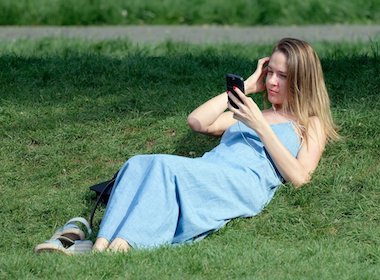

The electric nature of the human brain and its 100 billion neurons
Debates about free will or the absence of thereof are ongoing for generations. The ability to measure brain’s activity and see it in real time, which areas light up and activated when a person makes a decision to make a move voluntarily, demonstrated that people are actually ready to make a move before they even consciously decided to move.
This phenomenon raised the debates about the free will, whether people have it or not, if the so called readiness potential (RP) is formed before a conscious decision is made by the person himself. RP is visible in human cortex and appears before the voluntary muscle movement, even before one is aware they are going to make a move. This was a strong argument to the opponents of free will. The pattern was recorded for the first time in 1965 by neuroscientists Hans Helmut Kornhuber and Lüder Deecke.
A recent study of Swiss scientists in relation to this issue demonstrated that people are much more likely to act voluntarily (exercise their free will) when they exhale. The person’s heartbeat didn’t show a connection with acts of free will.
So, inner body signals affect the acts of volition, the academics concluded. From the point of view of neuroscientists, consciousness is the product of brain activity, therefore it is logical. But for the people who believe that brain activity arises from consciousness it is a riddle.
In the experiment by Swiss researchers, people were asked to press a button when they wish. They didn’t realize they were much more often pressing the button while exhaling, as the other way around, on the inhale.
Numerous ancient teachings such as yoga use breathing at the core of the practice. The importance of correct breathing is also highlighted by many other types of physical exercise, singing, acting, and so on. Did our ancestors knew something we are still trying to figure out?
Whether acts of volition are truly voluntarily isn’t just a philosophical or existential problem. It is also a legal and cultural issue, as well as psychological.
Share this article













CommentsКомментарии ( 0 )